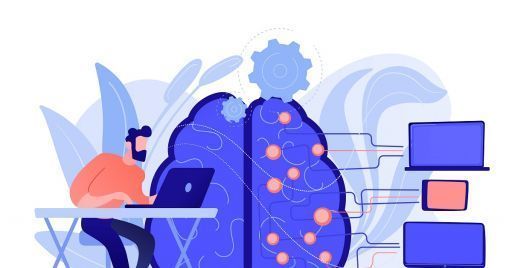
The proposed EU law on Artificial Intelligence

The European proposal to regulate the use and development of Artificial Intelligence has training and digital skills as key themes.
We had already made a comparison on the worldwide regulation of Artificial Intelligence, a fast growing trend in the technological world in general and, specifically, in the eLearning field.
The question was whether the EU legislation (currently being defined) was not too rigid and put EU tech companies at a disadvantage compared to other powers, such as the USA and China.
In the context of the examination of the proposal for a European regulation establishing harmonized rules on artificial intelligence (Artificial Intelligence Act), the director general of Anitec-Assinform (Italian Association for Information and Communication Technology), Eleonora Faina, pointed out the need to guarantee "a regulatory framework to support and stimulate innovation, especially with a view to not burdening SMEs and Start-ups with excessive burdens and costs for its implementation", but with the priority "to invest in infrastructures useful for AI (data spaces and high performance computers) and to give support to a solid training plan to increase the skills useful in the world of work and the digital literacy of citizens".
For example, regarding the link between AI and privacy at the European level, the director recalls how crucial it is "that the Regulation is in harmony with relevant legislation at the European level. For example, the provisions regarding data processing must agree with what is provided for in the GDPR."
The proposal is, in any case, to be refined. The very definition of "artificial intelligence system appears to be excessively broad, with the effect of making the perimeter of implementation of the regulation uncertain for companies". Faina agrees with the EU Commission's choice to strictly regulate the use of biometric identification (considered a high-risk practice, as a technology deemed to be a possible threat to security or citizens' rights), but it is necessary to make clearer the prohibited and permitted practices.
In addition, Anitec-Assinform proposes to foresee in the contract phase (between AI providers and users) tools that can best define the division of obligations between producers, users and other third parties so that data collection is always best supervised by all parties involved.
In order to enhance the value of smaller realities (SMEs and Start-ups) and not exclude them from the market, it is necessary to reflect on the costs for the implementation of Quality Management System (Qms) and for obtaining the CE certification for AI systems (high risk), points out Faina. Useful, in this regard, the provision of measures for "small suppliers".
Regarding the sharing of source codes, Anitec-Assiform expresses itself by pointing out that: "Article 64 provides that market surveillance authorities can access these resources. We believe that such a practice should be considered only as a last resort after having used other less invasive auditing methods".
Did you like this article? Sign up for the newsletter and receive weekly news!
Subscribe to NewsletterComments:
No comments are in yet. You be the first to comment on this article!